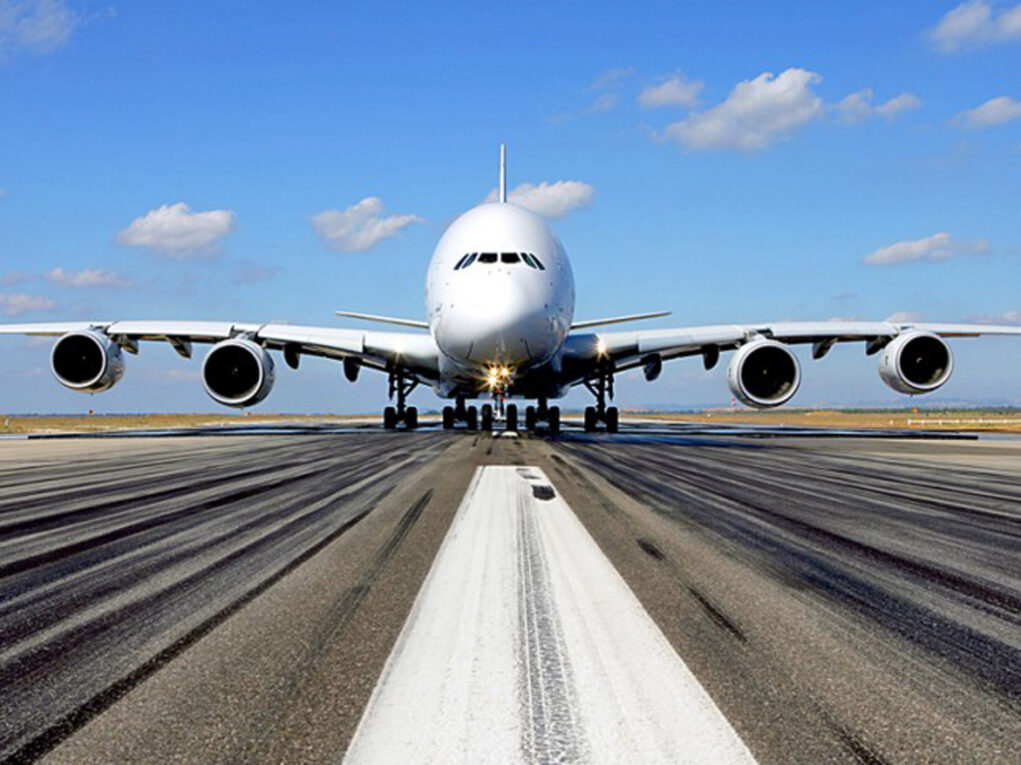In a move to expand its fleet and solidify its position as a global aviation leader, Turkish Airlines has announced its decision to purchase 220 additional aircraft from Airbus. The order, consisting of 150 narrow-body A321 Neo aircraft and 50 wide-body A350-900 jets, signifies the airline’s efforts to modernize its fleet and enhance its environmental sustainability.
The announcement was made by Turkish Airlines in a statement to KAP, Turkey’s public disclosures platform. Along with the order for aircraft, the carrier also plans to procure engine maintenance services and spare engines for the A350 planes from Rolls-Royce.
This latest order brings Turkish Airlines’ total order with Airbus to 504 planes. Of these, 212 have already been delivered, indicating the airline’s commitment to steadily expanding its fleet to meet growing demand.
By investing in more efficient and environmentally friendly aircraft, Turkish Airlines aims to strengthen its position as a leading player in global aviation. The company’s board Chairman, Ahmet Bolat, emphasized the significance of this move in a news release from Airbus, based in Toulouse, France. Bolat highlighted how this investment contributes to Turkey’s prominence as an aviation hub and supports the country’s aspirations to establish Istanbul as a major center for international transport.
Turkish Airlines has been making significant strides in recent years, with a focus on expanding its global reach. The airline has been actively increasing its destinations and flight frequencies, making it one of the fastest-growing carriers in the world. With this substantial order of new aircraft, Turkish Airlines is well-positioned to serve a broader range of destinations and accommodate the increasing number of passengers.
The decision to purchase narrow-body A321 Neo aircraft aligns with the airline’s strategy to cater to short and medium-haul flights. The A321 Neo offers improved fuel efficiency and reduced carbon emissions, making it an ideal choice for shorter routes. On the other hand, the wide-body A350-900 jets are suitable for long-haul flights, providing enhanced comfort and superior performance. The A350-1000 and A350F cargo aircraft will further diversify the airline’s capabilities, allowing it to serve a variety of transportation needs.
This latest aircraft order comes at a time when the airline industry is gradually recovering from the impact of the COVID-19 pandemic. As travel restrictions ease and demand for air travel rises, Turkish Airlines is strategically positioning itself to seize opportunities and meet the evolving needs of passengers.
The expansion of Turkish Airlines’ fleet is significant not only for the company itself but also for the broader aviation industry. With a larger and more modern fleet, the airline can contribute to economic growth, create job opportunities, and foster international connectivity. Additionally, the company’s commitment to environmental sustainability by investing in more fuel-efficient aircraft aligns with global efforts to reduce carbon emissions and combat climate change.
As Turkish Airlines continues to strengthen its fleet and expand its global reach, it aims to position itself as the airline of choice for travelers worldwide. With a focus on customer satisfaction, operational excellence, and sustainable growth, Turkish Airlines looks set to soar to greater heights in the aviation industry.

